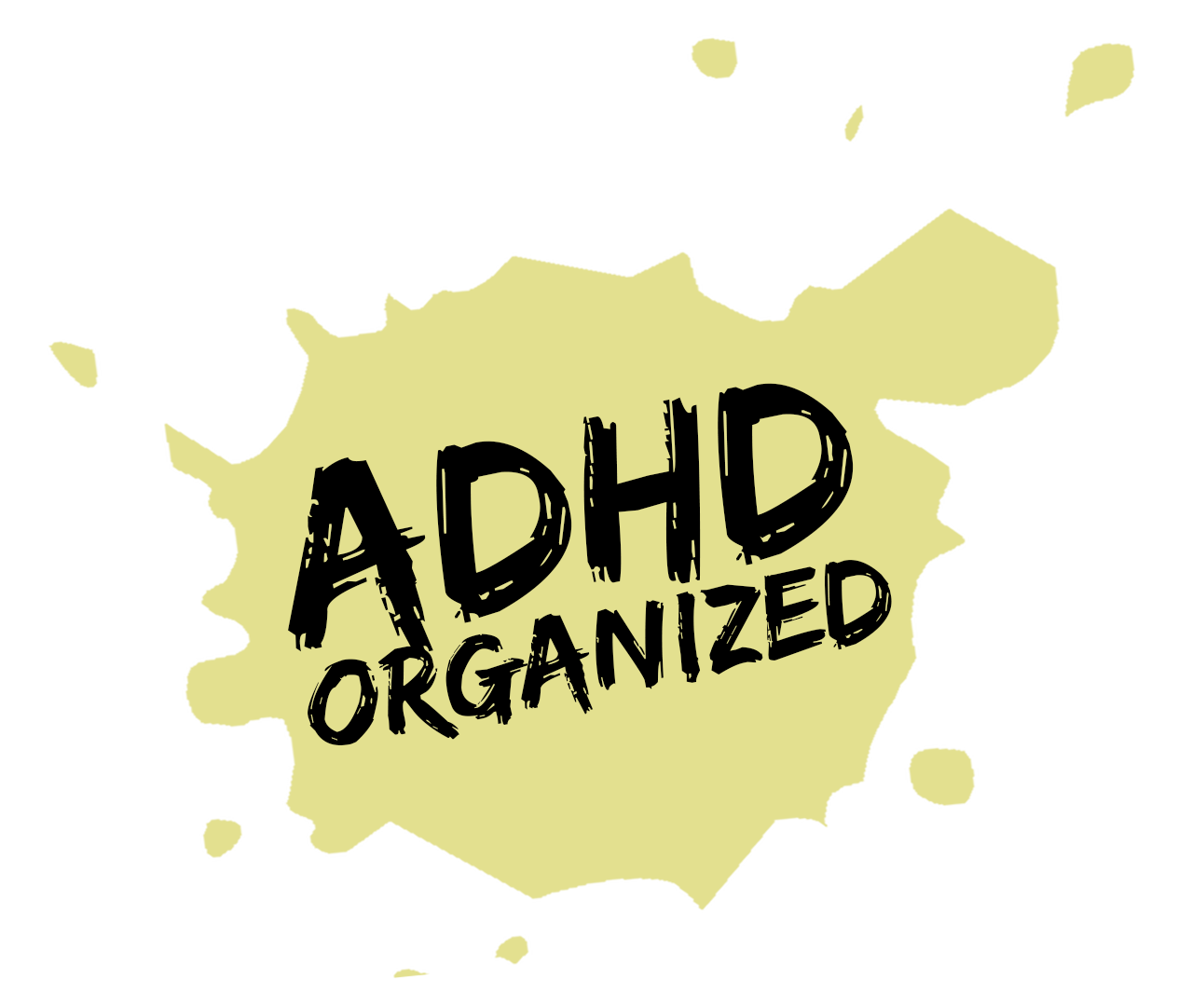
How to Set a Goal – And Stick With It When You Have ADHD
This post may contain affiliate links to support the upkeep of this blog - at no extra cost to you! Please read my disclaimer for more info.
One of the most important things you can do on your path to happiness and organization, is to set goals. Creating a goal helps to keep your mind focused and when you reach each stage, the more motivated you become.
It doesn’t matter what it is that you are going to achieve, whether it is losing weight, earning more money, buying a dream house – you need to figure out where you are now, how you get there, and how quickly.
Top Tip: Write your goal down, make it “official”. Your main aim is to create a direction, clarity – vague ideas in your head won’t work, they are merely hopes! When you have written down what it is you want, you have no excuse not to try.

Also to keep up the motivation, write next to your goal, WHY you want to do this. If you want to lose weight, you might want to write that it will make you feel better, healthier and sexier. Maybe you want to earn more money to achieve financial freedom, have more time to your family, help your elderly father – you get the jist. When you are doubting yourself or not feeling motivated, come back to these reasons and you’ll feel an instant uplift.
One of the most effective ways of creating a goal is to use S.M.A.R.T. criteria, in which each letter stands as follows:
S. – Specific
M. – Measurable
A. – Achievable
R. – Realistic/Relevant
T. – Time-bound
Specific:
Your goal must be well defined. Otherwise, when do you know when you have achieved it? You can’t tell your friend to just meet “in New York”, otherwise you will never find each other. Agree to meet by American Museum of Natural History at 1pm on Friday next week and your chance to find each other increases significantly.
Measurable:
Again, any vague measures don’t give you any indication when you have reached your goal nor do they keep up your motivation. “I’m going to drop 20 pounds” or “I’m going to fit to size 12 comfortably” are much better than just “I’m going to lose weight”
Achievable:
Make sure that this is a goal you can achieve – if it is completely out of your reach, it will erode your confidence and demotivate you. Your goal should have 80% chance of success – this way it won’t be too easy and you stay motivated but has still a high chance to become true.
Realistic/Relevant:
Your goals should be realistic and relevant to your life purpose and in harmony with your other goals. If you scatter your goals and try to achieve them all, your life gets very scattered too.
Time-bound:
Create a time frame in within you have to reach your goal. You achieve your goals much quicker when you have a feeling of urgency or a deadline. Again, you also know when you actually have achieved your target! Make the deadline realistic though. If you are planning to lose 20 pounds in less than a month, first of all you are going to have a very miserable month and also your chance of success will be pretty slim. Health experts say that a healthy speed for weight loss is around a pound to two in a week – reserve yourself at least 10 weeks to reach your goal.

Remember to break your goal down
Now when you have created a good, realistic goal, break it down to smaller parts. Especially if your goal is pretty ambitious, it might seem daunting without realistic smaller steps.
And remember, they don’t need to be big steps! As an ADHD person myself, I sometimes don’t start projects because I’m overwhelmed by the amount of stuff to do and it usually results in not starting at all. The thing is though, it is easier to carry on once you have started. So if you need to write an essay for example, just write that you write a headline or the first chapter, no more. It might be that you get the motivation to finish the whole essay!
Remember to celebrate
Celebrate every time you reach a milestone. You don’t necessarily need to organize a party, but just doing something nice, like going to film theater or buying that new skirt you’ve dreaming about.
We ADHDers sometimes lack dopamine in our brains, which makes the tedious things extra tedious for us. We drive for reward – so make sure you reward yourself all along the way!

Tell someone about it
If you really want to make sure you work for your goal, tell about it to someone. It is much easier to keep going when you know you have made it “public”.
Also writing it on a big piece of paper and hanging it on the wall will remind you everyday to keep working towards it.
Remember how it feels to complete a task
You know when you have had a massive pile of bills to pay and you’ve been procrastinating and procrastinating and finally gone and paid them all off, how amazing it feels?! Yep, imagine yourself feeling that way. Really visualize how it would feel to accomplish your goal.
How could you make it more fun?
If your task is not the most enjoyable one, how could you make it more fun? For example, if you are planning to clean the house, could you have a race against a timer or play fun dance music at the same time?
Pin me for later!






